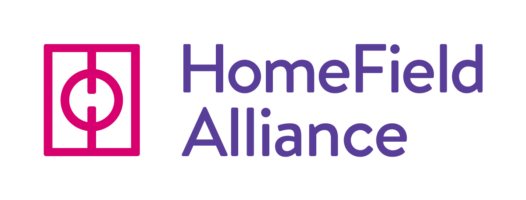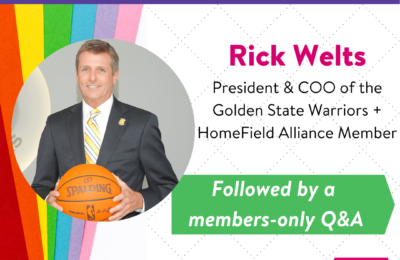You’ve Been Asked to Interview, But Will You Fit In?
22 January, 2019Share:
You’ve Been Asked to Interview, But Will You Fit In?
You’ve Been Asked to Interview, But Will You Fit In?
David Slade, Vice President & Co-Founder, HomeField Alliance
After all the networking, phone calls, online job searches, resume updates, agonizing over cover letters, and patiently waiting for a response, a sports organization offers you an interview. You’ve made the initial cut. After briefly celebrating that achievement, it’s time to get down to business.
You desperately want this job, or at least you think you do. Often you want it so bad, you will do anything and everything to land it. It is no surprise to see your competitive juices are flowing. You are a sports professional after all. Between this point and the conclusion of your interview you will need to take a series of steps to make your case, but also solidify whether this organization is the right place for you.
If being selected for an interview for a job in sports is comparable to learning how to fly a plane, securing the position is like landing it on an aircraft carrier in bad weather. The level of difficulty is much greater due to the sheer volume of individuals wanting to work in sports. Facing these challenges, it is easy to focus on you being a fit for them but forget whether it will be a happy and healthy place for you. Don’t make this mistake.
While doing your research you will notice that most sports organizations are making extra efforts to champion diversity and inclusion. This is certainly a positive, but keep in mind a commitment on paper is not the same as a commitment in practice. During this process, try to understand if this organization is a doer, a talker or somewhere in between.
As an LGBTQ sports professional, it is important to know what strategies to pursue when presenting yourself to a prospective employer. Here are some quick points to consider during this important process.
Pre-Interview
- While researching the organization, review its mission, vision, values and philosophy on culture. Does it align with you? Do you feel included or excluded? Ask yourself: “What do I need to feel valued as an employee and does this organization have it?”
- Research the organization’s diversity and inclusion statement and nondiscrimination policy. Does it have one? Does it mention sexual orientation and gender identity? Does the organization have staff and employee resources available? Is there an LGBT Employee Resource Group?
- Are there any LGBTQ senior staff or organization leadership? Are there former LGBTQ employees you can discuss the culture with in advance of the interview?
- Review local and state laws. Based on the organization’s location, are there employee protections provided for members of the LGBTQ community?
Interview
- Be prepared. Be confident. Be true. Be you. The job interview is your opportunity to present yourself as the one to hire. This is your moment to shine. At the end of the day, that’s all you can do. You will be most successful at an organization that wants you, not someone you are pretending to be.
- Be observant. As soon as you park your car or arrive at the organization’s front door, take note of as much staff behavior as possible. Is it a respectful and pleasant place to work? Do you see yourself in this environment? Ask staff what words they would use to describe the culture of the organization. Do you hear words and phrases like “welcoming, inclusive and diversity as a strength” or do you get the sense you’re interviewing to sit at the Mean Girls table?
- Be thorough. Review all employee benefit information provided by HR. Would your sexual orientation preclude you and your family from certain benefits? What do you need to feel valued as an employee?
- Be ok. At the end of the day, don’t attempt to put lipstick on a pig. If this organization doesn’t seem to value you, go find one that will.
Bottom line: Interviewing is a two-way street. Just as the organization will evaluate your background, experience and skills to determine if you are the one for the job, you should not shy away from doing your homework and asking appropriate questions to help you decide if it is also a fit for you.



